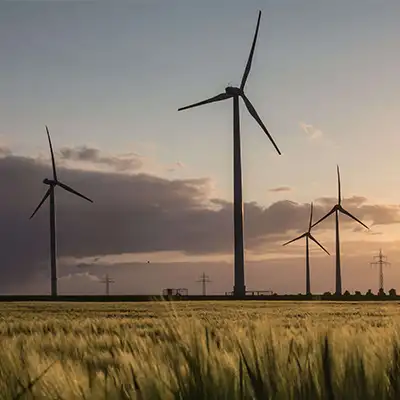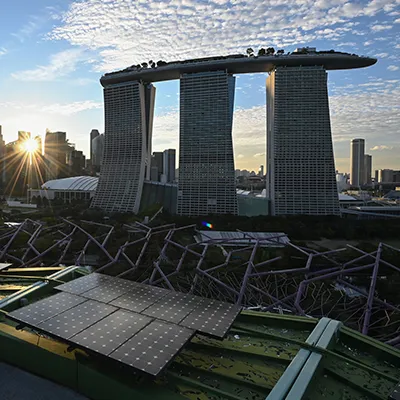The Monetary Authority of Singapore (MAS) will contribute to a $5 million Asia climate solutions grant as part of a push to move closer to net-zero carbon emissions by 2050.
The grant will be hosted by a global network for blended finance known as Convergence, MAS chief Ravi Menon announced on Tuesday.
The scheme will provide funding for feasibility studies and proof of concept work on innovative blended finance solutions in target sectors that are significantly undercapitalised in Asia, such as early-stage climate adaptation and mitigation technology, clean energy access, sustainable transport, and nature-based solutions.
This will help build a pipeline of investable projects for investment, said Mr Menon.
Blended finance refers to the combination of concessional financing or loans that are extended on more generous terms than market loans and commercial funding.
MAS and the Asian Development Bank will also develop guidance for financial institutions on how they can gradually phase out coal power generation in the Asia-Pacific region.
This is an initiative of the Asia-Pacific network of the Glasgow Financial Alliance for Net Zero (GFANZ), a global body that coordinates efforts across all sectors of the financial system to accelerate the net-zero transition.









